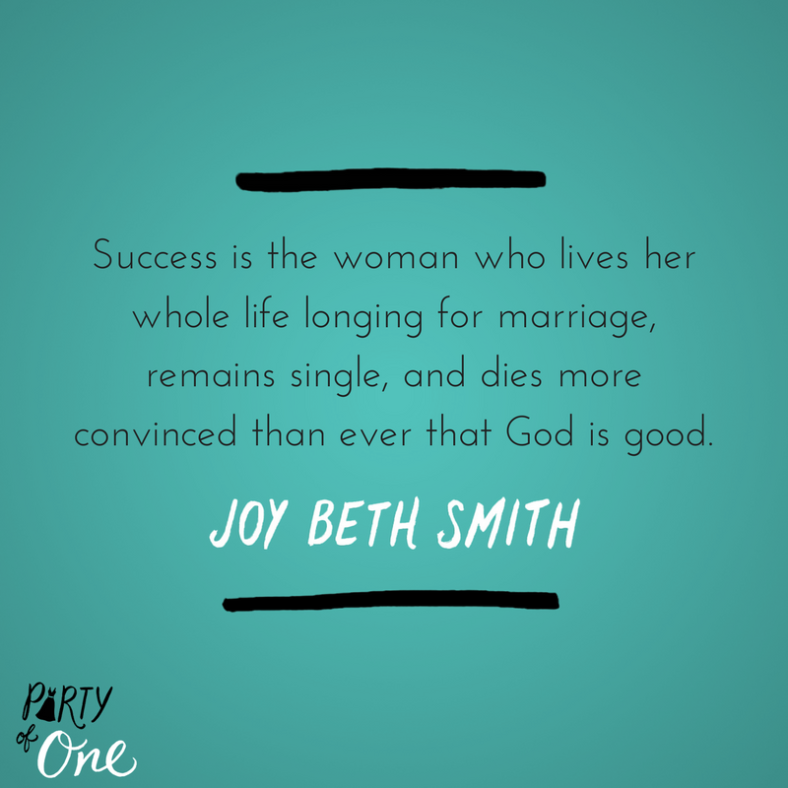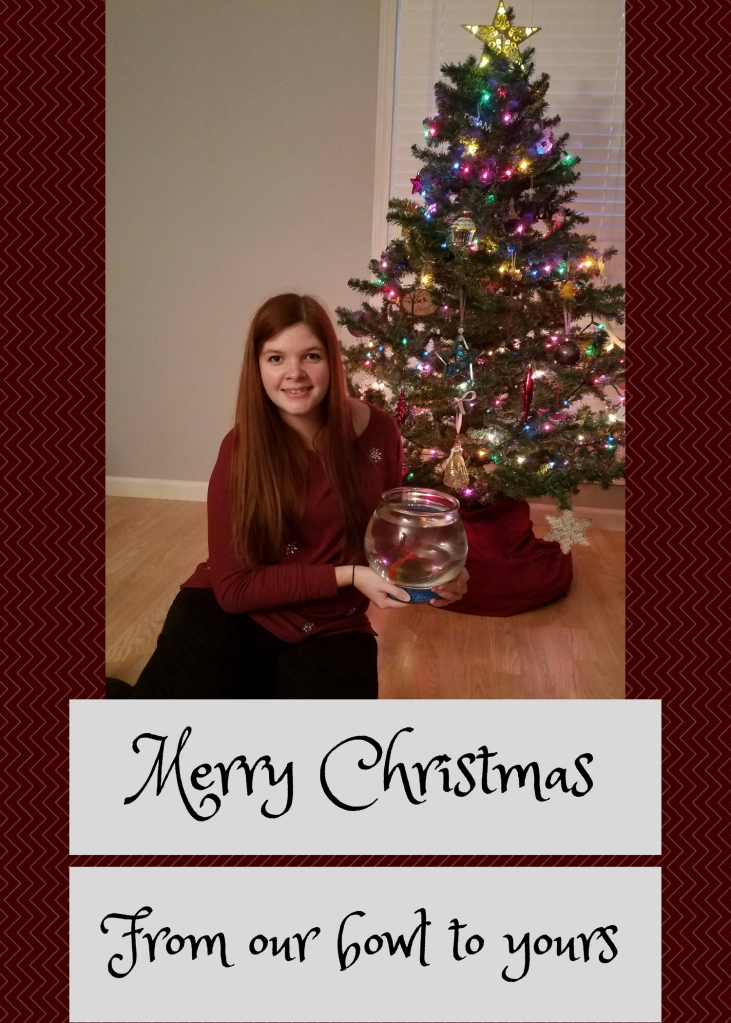Of all the things in the world to be jealous of (cars, relationships, houses, jobs, vacations, etc.), being jealous of another person’s spiritual life is probably one of the odder ones. As I read a book recently though, I kept noticing the different ways she described aspects of her relationship with God. Going throughout her day, God “whispered to her,” or “stirred her spirit,” or “gently prodded her.” There was an active, ongoing, reciprocal nature to it, and her awareness of God seemed so different than my own.
Having been raised in a tradition that tends to be wary of claims of God speaking in audible or flashy ways, I had a measure of hesitation, but the more I read of the book, I began to feel jealous. “Why don’t I experience God that way?” I thought. Which is a perfect example of how completely and utterly I miss the point at times. Reading about other people’s faith experiences shouldn’t make me compare or be jealous, it should help me appreciate the similarities of our journeys while also learning from the differences.
Often when we talk about faith, we talk in very straightforward, cut and dried terms about the practices our spiritual life should include. Reading the Bible and praying are typically first and foremost, then being in community and maybe devotions or “quiet time,” as it’s often called. All of these can be incredibly important, helpful practices for building and growing a life of faith. What we can easily miss though is that within each of these categories are many, many different ways of actually living them.
Reading a print Bible in the morning while drinking coffee may be some people’s way of soaking in those truths, while other people may benefit more from listening to a passage from a Bible app. Praying the Psalms can be a helpful way to structure a prayer, while some people may feel restricted by that form and like it doesn’t allow them to express everything they want to. Singing worship songs may usher one person into the presence of God like nothing else ever does, while the person next to them may get distracted by the environment around them and not be able to focus on what the words actually mean.
With all the different ways we choose to interact with God, maybe it’s to be expected that he uses different ways to interact with us.
While I can still learn from my jealousy of the author’s relationship with God, because it points to a closeness with him I seem to be lacking, I don’t need to be jealous of the exact way the author has closeness with God. There may be pieces of her practices that are a fit for my own life and relationship with God, but there are likely many that are not–and it doesn’t mean either one of us is “doing faith wrong.” In college, where I studied Bible and theology, I often underlined and highlighted passages in my academic textbooks that stuck out to me. Those were God’s way of interacting with me, while other people may struggle to appreciate the richness of those same words.
When we compare our own spiritual life to other people’s, we’re missing the beauty and importance of both of them. The way other people relate to God should be celebrated, not envied. And by learning about and appreciating different ways of relating to God, we may uncover things that can benefit us as well.
Til next time…
~Brianna
P.s. What practices have been helpful to you in your spiritual life?









